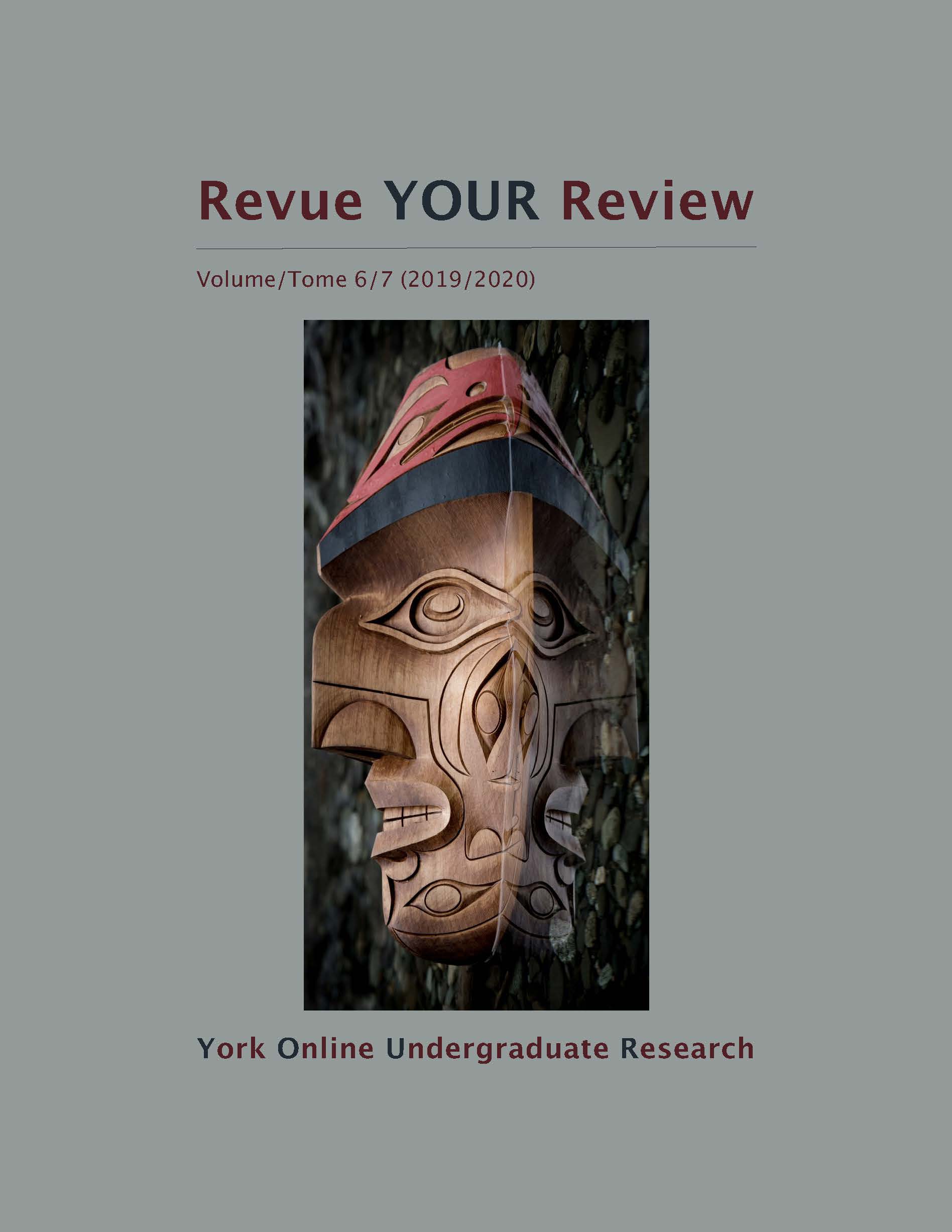The Effects of Climate Change on the Survival of Polar Bears (Ursus Maritimus) in Western Hudson Bay of the Canadian Arctic
Abstract
The Canadian Arctic is home to approximately two-thirds of the world’s polar bear population. In the Hudson Bay, polar bears are dependent on sea ice for survival and are now on the verge of extinction due to increased Arctic melt caused by climate change which greatly affects their survival during the open-water season. This research project aims to find out how the survival of polar bears in Western Hudson Bay has been affected by climate change during the open-water season. Relevant studies were reviewed to investigate how significant results have supported this research. In the Western Hudson Bay, climate change has reduced the ice coverage to about 50 percent from 1970 to 2004; this forces polar bears to fast seven to eight days earlier every decade. Thus, polar bears are forced to deal with prolonged periods of fasting during the open-water season, mainly due to the scarcity of goods, which greatly affects their survival.
Downloads
Published
How to Cite
Issue
Section
License
LicenseAuthors contributing to Revue YOUR Review agree to release their articles under one of three Creative Commons licenses: Creative Commons Attribution 4.0 International; Creative Commons Attribution-NonCommercial 4.0 International; or Creative Commons Attribution-NoDerivatives 4.0 International. All editorial content, posters, and abstracts on this site are licensed under Creative Commons Attribution-NoDerivatives 4.0 International. For further information about each license, see:
https://creativecommons.org/licenses/
In all cases, authors retain copyright of their work and grant the e-journal right of first publication. Authors are able to enter into other contractual arrangements for the non-exclusive distribution of the e-journal's published version of the article (e.g., post it to an institutional repository or publish it in a book or in another journal), with an acknowledgement of its initial publication in this e-journal.


